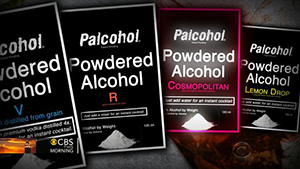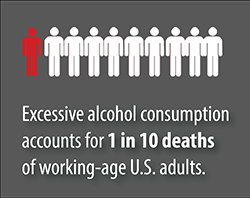Blog
Search
Blog
Oakland City Council Rejects Proposals for Digital Billboards Along 880 Freeway
- Details
- Created: Wednesday, August 13 2014 11:21
On Tuesday, July 30th, the Oakland City Council in Closed Session, rejected the proposals from Foster Media and Iris Media (co-owned by Oakland Port Commissioner Michael Colbruno) for 8 more additional digital billboards along Highway 880. All Council members present voted to reject the billboards with Councilmember Kaplan abstaining. The proposal had been making its way through City departments for many years and was the first time since July of 2012 that the Council has voted to enforce its own billboard ordinance that was passed in 1998.
Karen Hester, co-founder of Scenic East Bay notes, "The overwhelming majority of the council has made clear its commitment to stop blighting our City with digital billboards that are a driving distraction and drive down property values. The vote puts the nail in the coffin on additional billboards and makes clear the desire to clean up the City and our image that we have been working so hard to promote."
The win is the latest in a series of victories for anti-billboard campaigns in the state. The people of the city of Albany just defeated a proposal to finance a city building with an electronic billboard. San Francisco has outlawed new digital billboards. The City of Los Angeles was forced by a court order to darken 100 billboards last year.
This year Scenic East Bay, along with coalition members Sierra Club, Bike East Bay and others, also won a partial win by pressuring CalTrans to enforce regulations which forced Foster Media to withdraw 2 of its 5 applications for billboards that would have blighted the new Bay Bridge. CalTrans has approved billboards 3 of the 5 billboards but Scenic Bay is still exploring the legality of one of the approved locations. http://www.sfgate.com/bayarea/article/Giant-Bay-Bridge-billboards-light-up-debate-in-5329284.php
To see a brief slideshow of digital billboards and their ill effects visit: http://www.sceniceastbay.org/NoBboard_July2014.pdf
Contacts: Karen Hester, This email address is being protected from spambots. You need JavaScript enabled to view it., 510-654-6346
Naomi Schiff, This email address is being protected from spambots. You need JavaScript enabled to view it., work 510-835-1717 cell 510-910-3764
Founding members of Scenic East Bay, http://www.sceniceastbay.org
Several states move forward with powdered alcohol regulation
- Details
- Created: Thursday, July 31 2014 10:41
 |
In response to the Alcohol and Tobacco Tax and Trade Bureau's mistaken approval and subsequent retraction of the powdered alcohol product Palcohol earlier this year, lawmakers in several states moved to ban powdered alcohol products. Advocates for bans cite health and safety concerns, including: the potential for accidental overdose, easier access for youth, and the danger of ingesting the product by snorting. The following state legislation to ban powdered alcohol sales was introduced in 2014:
States with existing laws include Alaska, which bans powdered alcohol, and California, which has allowed sale of powdered alcohol since the 1970's.
New CDC study: Alcohol a leading cause of death among U.S. working-age adults
- Details
- Created: Monday, July 28 2014 16:43
 |
A new Centers for Disease Control (CDC) study has found that excessive alcohol consumption is a leading cause of premature mortality among working-age adults in the U.S., making it the 4th leading preventable cause of death.
The study's authors pointed out that while many people blame alcoholism for alcohol-related deaths, binge drinking plays a significant role in a majority of these deaths, contributing to both short-term and long-term causes of death. Binge drinking is common, with one in 6 U.S. adults engaging in the behavior regularly.
To prevent excessive alcohol consumption, the CDC recommends reducing access to alcohol, through effective policies such as increased alcohol taxes.
More Articles ...
Subcategories
Help us hold Big Alcohol accountable for the harm its products cause.
| GET ACTION ALERTS AND eNEWS |
STAY CONNECTED    |
CONTACT US 24 Belvedere St. San Rafael, CA 94901 415-456-5692 |
SUPPORT US Terms of Service & Privacy Policy |
Copyright © 2024 Alcohol Justice. All Rights Reserved.
Joomla! is Free Software released under the GNU General Public License.


